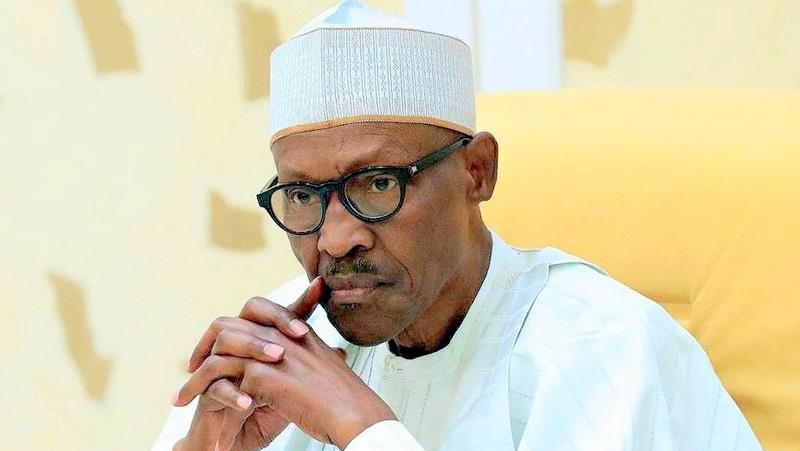
President Muhammadu Buhari led federal government has spent about $3.7 billion in foreign debt service since 2015, one of the highest from any democratically elected government.
Nigeria’s external debt stock stood at $27 billion in June 2019.
The Buhari administration has so far spent about $1.1 billion in foreign debt service this year. In 2018, the government spent about $1.4 billion in debt service, more than 3 times the $444 million it spent servicing foreign debts in 2017. The rising cost of debt service is a direct attribute of the government’s reliance on foreign loans as a means of funding government expenditure.
Nigeria’s fallen revenue following the crash in oil price has allowed President Buhari to rely mainly on foreign loans to fund government expenditure. As of June 2015, Nigeria’s foreign loans were about $10.5 billion mostly made up of multilateral and bilateral loans.
However, by June 2019, total foreign-denominated loans were $27 billion with $10.8 billion made up of Eurobonds. Commercial loans which include Eurobonds and Diaspora bonds make now make up about 42% of total foreign borrowings.
Critics of the government have complained about the government penchant for debts believing that it could put the future of younger Nigerians in jeopardy. Supporters of the government, however, believe the borrowing was necessary to invest in critical sectors of the economy particularly infrastructure.
The Finance Minister Zainab Ahmed however, believes the current debt profile is sustainable, comparing it to our GDP.
“Currently, Nigeria’s debt is at N25 trillion; that is about $83 billion. And at $83 billion, we are just at 18.99%…so 19% debt to GDP. I hear people say Nigeria has a debt problem. We don’t have a debt problem. What we have is a revenue challenge and the whole of this government is currently working on how to enhance our revenues, to ensure that we meet our obligation to service government as well as to service debt.”
Former Vice President and defeated PDP Presidential aspirant, Atiku Abubakar during the week piled criticism on the government’s borrowing.
“The fact that Nigeria currently budgets more money for debt servicing (N2.7 trillion), than we do on capital expenditure (N2.4 trillion) is already an indicator that we have borrowed more money than we can afford to borrow. And the thing is that debt servicing is not debt repayment. Debt servicing just means that we are paying the barest minimum allowable by our creditors.
The country’s ability to repay these loans will continue to be harder as it increases especially now that it is costing about 9%. The immediate risk for investors is the exchange rate which could be the first to suffer should the government struggle to repay its loans.
You may be interested

PSG To Reignite Interest In Osimhen
Webby - December 21, 2024Paris Saint-Germain have contacted Napoli to discuss signing Victor Osimhen in January, according to reports in France.It is reported that…

Arteta Provides Injury Updates On Five Arsenal Players Ahead Palace Clash
Webby - December 20, 2024Arsenal manager Mikel Arteta has revealed that Declan Rice and Riccardo Calafiori are both available to be in the Gunners…

Carabao Cup: Spurs Edge Man United In Seven-Goal Thriller To Reach Semi-finals
Webby - December 19, 2024Tottenham Hotspur edged Manchester United 4-3 in the quarter-finals of the Carabao Cup on Thursday.Spurs raced to a 3-0 lead…
















![American Pastor, David Wilson Seen Eating The Box Of Woman Who Isn’t His Wife [Video]](https://onlinenigeria.com/wp-content/uploads/2019/10/american-pastor-david-wilson-seen-eating-the-box-of-woman-who-isnt-his-wife-video-150x150.jpg)




![Regina Daniels Alleged Husband, Ned Nwoko Receives Certificate Of Return As Senator [Photos]](https://onlinenigeria.com/wp-content/uploads/2019/05/regina-daniels-alleged-husband-ned-nwoko-receives-certificate-of-return-as-senator-photos-150x150.jpg)




Leave a Comment